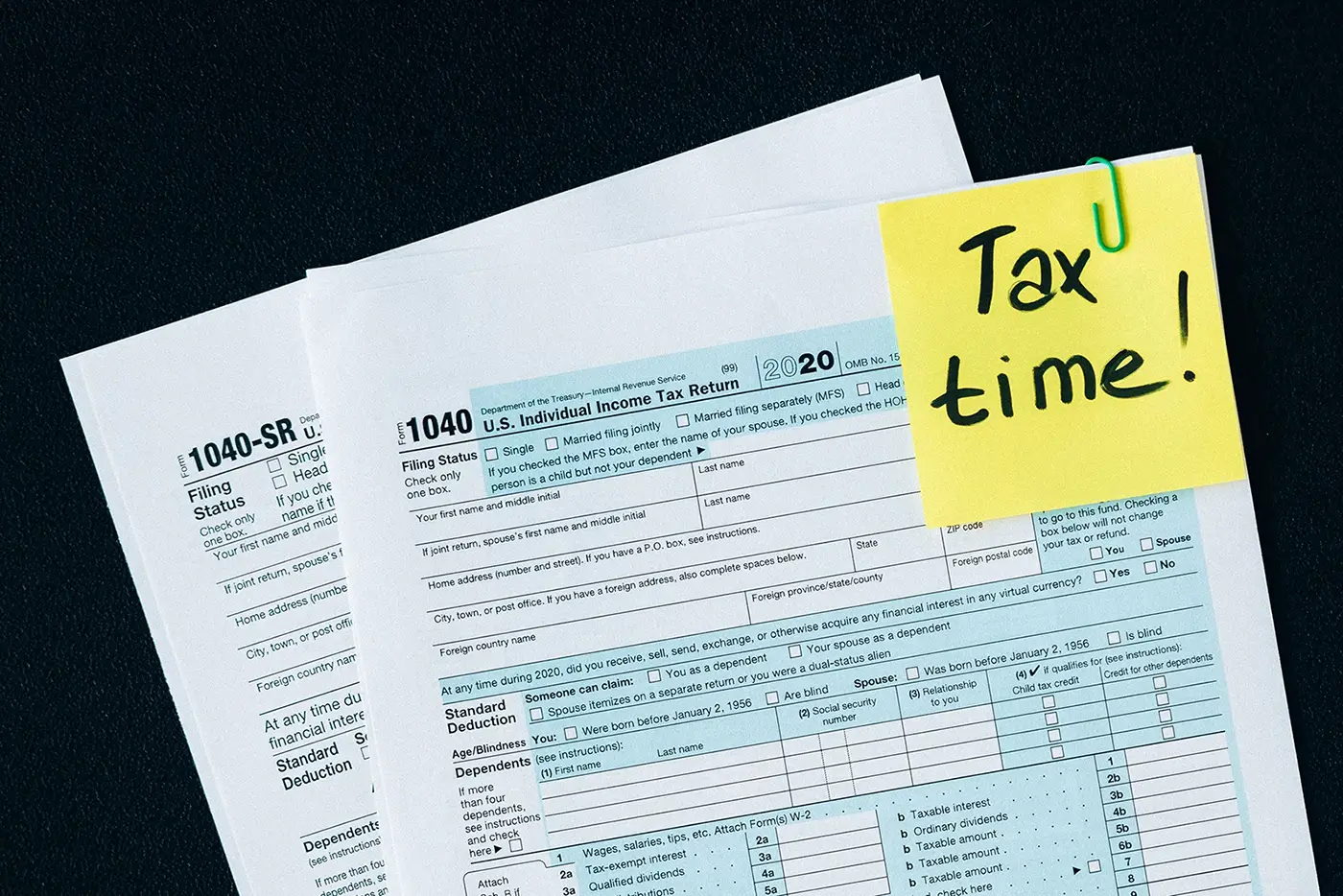Running a digital-first or digital-only business today gives you a remarkable amount of flexibility. You can work from your balcony or back porch, your favorite coffee shop, or from a hammock under your favorite palm tree.
But just because you can run your business from any of those spots doesn’t mean you should locate your business there. Your business needs an address of its own: a business address isn’t just a place to receive mail — you can also use it for things like legal documents, licenses, and business registration. Using your home’s street address may be legal for most businesses, but doing so can compromise your privacy, create headaches as you scale, and lack the professionalism your business needs.
Below, we’ll explore business addresses in greater detail and give you five ways to get one.
Want to get started quickly? Stable can help you effortlessly set up a business address. Get started now to set up your own virtual address in minutes.
What is a business address?
A business address is a location used to represent a business for professional, business formation, and tax purposes — whether or not the business is physically located at the address. A quality business address gives an impression of professionalism and legitimacy that will go a long way toward establishing a successful business.
You can use your business address for tax and legal purposes, to send and receive mail, and as a point of contact for customers, suppliers, and stakeholders. You can use the physical location where your business is located (like your office space or your home address) or a virtual address — any legitimate address that can receive your business’s mail can qualify.
What to consider when choosing a business address
When selecting an address for your small business, you should consider a few factors, including your:
- Budget: Some business address options are more expensive than others. For example, renting an actual office for a physical business address will take a bigger bite out of your budget than getting a virtual address. (That’s why cost is one of the biggest differences between physical and virtual addresses.)
- Target market: Consider the customers you’re targeting when selecting an address. Are they local or global? Rural or urban? In real life or online-only? The business's address should be in an area that appeals to its target demographic.
- Business goals: Determine your long-term business goals and choose an address that aligns with them. For example, if you’re starting small in your home but plan to move into a physical office space at some point, you may want to get a business address that corresponds to your intended location.
Small businesses have a few options when it comes to selecting an office address, including virtual addresses, co-working spaces, and physical offices.
Whichever one you choose, you should select an address that aligns with the business's brand image and requirements. For instance, an advertising and marketing agency going after national accounts may want to choose an address in a major advertising hub like New York or San Francisco. Or a tech startup may benefit from an address in the Bay Area or near Seattle.
Can I use my home address for my business?
Yes, you can, unless your industry or business type has regulations against it (most states restrict certain foodservice businesses from operating as home-based businesses).
But the better question is, should you?
If you’re a freelancer or solopreneur who doesn’t interact with end customers or receive much business mail, then your home address may work.
But for many businesses, using your home address isn’t a good long-term solution for several reasons:
- You may not want customers knowing where you live.
- Mail volumes can force you to make frequent trips to the post office.
- Many suburban residential addresses and street names don’t sound professional.
Given these issues, it’s important to consider other options.
The top 4 ways to get an address for a business
Business owners have options for setting up an alternate address for their business. You can get a virtual address or mailbox, use a registered agent, sign up with a co-working space, or rent a physical office.
Each of these methods has its pros and cons, so it comes down to what works best for you and your business needs and goals.
1. Virtual business address and virtual mailbox
A virtual business address (typically packaged alongside a virtual mailbox) is a location that provides businesses with a professional mailing address, often in a prestigious area, without requiring physical office space. It allows businesses to receive mail and packages while maintaining a professional image and enhancing credibility, making it one of the most affordable ways to get a business address separate from your personal address.
Stable’s virtual address service provides businesses with a professional address, mail scanning and forwarding, and mailroom management. Businesses can benefit from digital mail tracking and notifications, secure document storage, and international mail forwarding. You can also use your Stable virtual address for tax and business formation purposes, making it a great alternative to a P.O. Box or UPS Store address (most states won’t accept a post office box number for new business formation, so check with your Secretary of State).
As mentioned earlier, you usually don’t buy a virtual address alone — you’ll get one as part of your virtual mailbox service. When you sign up for a virtual mailbox, you’ll need to fill out a consent form authorizing your service provider to receive and manage your mail.
Your digital mailbox provider will then receive, scan, and upload your mail, allowing you to view, manage, and archive it digitally. Virtual mailbox services offer convenience and flexibility, and you’ll be able to easily access your mail from anywhere, anytime, so you can stay on top of important communications.
Stable is a premier virtual mailbox service provider that offers businesses the ultimate convenience and security. Stable offers features like mail forwarding services, same-day mail scans, and check deposits to your business bank account. With Stable, businesses can trust that their mail is securely collected, managed, and accessed.
2. Registered agent
A registered agent is an individual or organization designated to accept legal documents and other important papers on behalf of a business entity. The registered agent must have a physical address in the state where the business is registered. This means you can be your own registered agent, provided your business and business address are in the state where you live.
Depending on the type of business, a registered agent may be necessary for compliance with state laws and regulations. The registered agent's address can be used as the business's address for legal documents, tax filings, permits, invoices, notices, and other official communications.
However, you can’t use your registered agent's address as a regular business mailing address for customer communications, marketing, and other day-to-day business operations. So in most cases, a registered agent’s address alone isn’t enough.
With a virtual address from Stable, you can also add on registered agent services, eliminating two challenges at the same time.
3. Co-working space
Co-working spaces are becoming increasingly prevalent for solopreneurs and small businesses, and they remain a popular starting point for many startups. They provide businesses with a flexible and collaborative professional environment, often at a fraction of the cost of renting traditional office space.
Using a co-working space as a business address offers several benefits, such as access to amenities, networking opportunities, and shared resources. With a co-working space, businesses can access high-speed internet, use shared meeting rooms and break rooms, invite clients to their offices, and more.
The primary disadvantage of using a co-working space as an address is that you and your customers may not view it as a permanent address.
If you move, you'll need to update your address, which may make it more difficult for clients or suppliers to find your business.
Some co-working spaces also require long-term commitments or additional fees for certain amenities, so be sure to thoroughly review all the terms and conditions of any co-working space before signing a contract.
4. Physical office
If your business requires on-site staff or in-person interactions with customers, a physical office space can be a great option. Your business’s physical and mailing addresses will be the same, eliminating any potential confusion. And you can also get a USPS business account for discounts on shipping.
A physical office can present a more professional image and give customers a reliable place to visit, establishing a sense of legitimacy. It can also provide a place for employees to work and collaborate, fostering team morale and helping you attract and retain talent.
However, there are also some drawbacks to owning or leasing physical space. Rent and other overhead costs can be difficult for a small business to afford. And many employees may prefer working from home over commuting to the office.
If a physical office is the right choice for your business, you should consider factors like location, cost, and scalability when choosing a space. Select a space that fits comfortably within your budget and is easy for your potential customers to find. If you plan to expand your business, you should also evaluate whether or not the office will accommodate expected growth.
Which type of address is right for your business?
Let’s recap the differences between these options:
Choose Stable for your business address needs
A reliable address is essential for day-to-day business operations, and a dedicated business address can give your company a sense of professionalism and credibility. For many small business owners, using a virtual mailbox service is the best way to get a business address separate from their home address. This affordable option adds credibility and simplifies mail handling by moving it all online.
Stable is an ideal solution for businesses that need a reliable and secure address. Plus, with convenient features like mail forwarding, mail scanning, and check deposits, Stable makes managing your business mail effortless.
Sign up for Stable today to get a reliable, secure, and professional address for your business.




